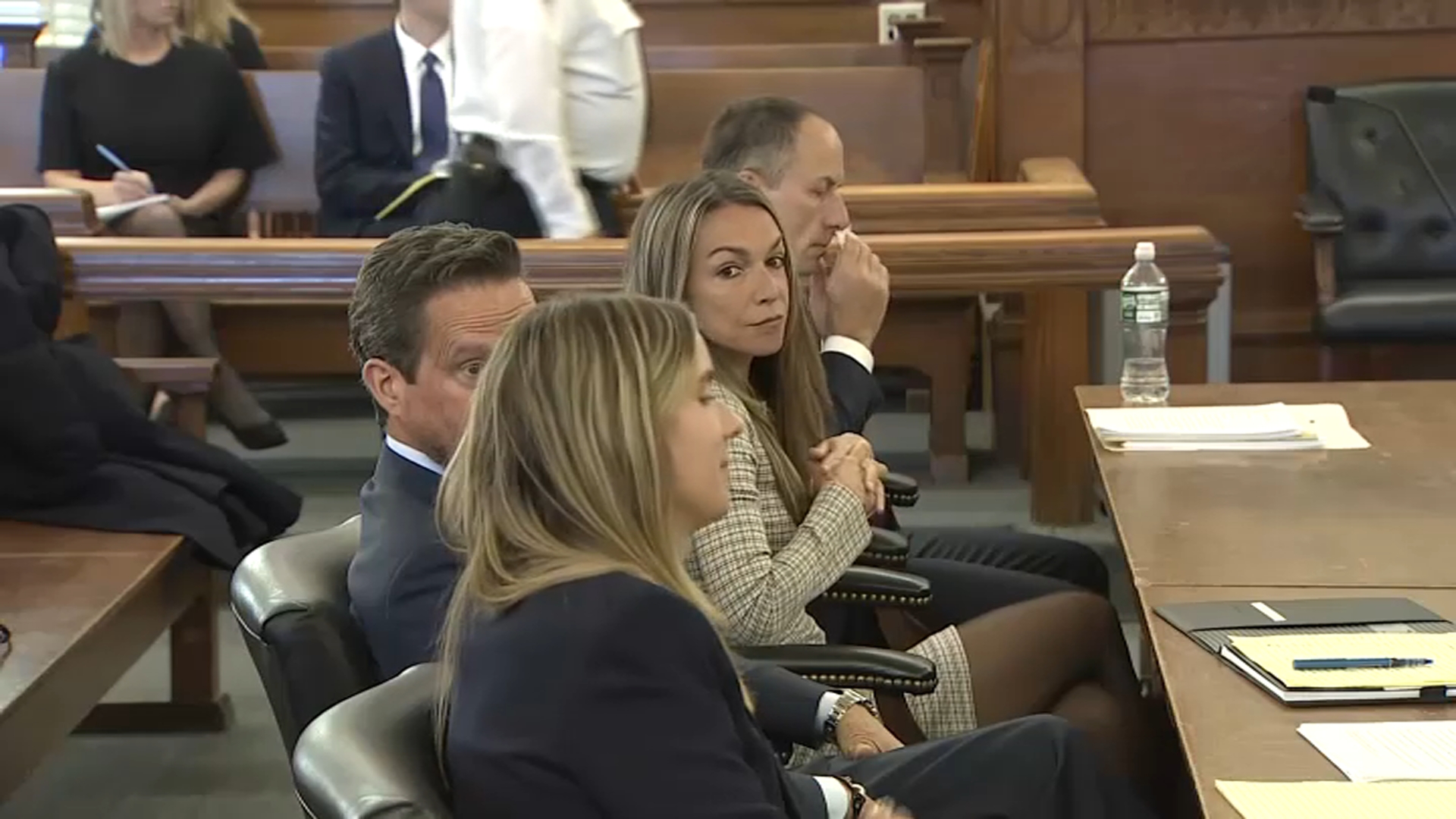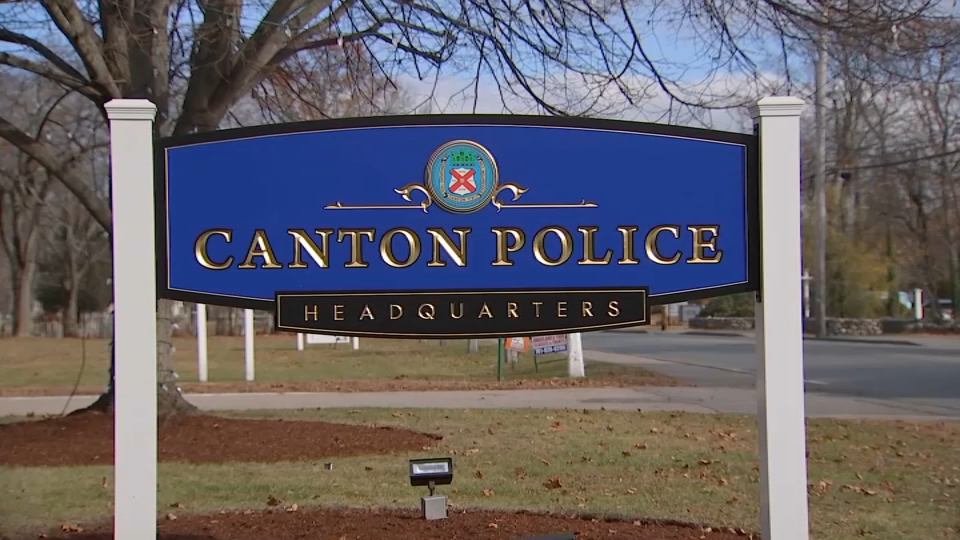The Karen Read trial put a lot of eyes on Massachusetts law enforcement. Now, an author who researches homicides in the state is sharing her thoughts.
True crime writer Susan Zalkind says the case exposed something about Massachusetts State Police she has suspected for years. Despite the agency's 94% homicide solve rate between 2019 and 2023, she says across the state, murder investigations are susceptible to conflicts of interest and a lack of oversight.
WATCH ANYTIME FOR FREE
>Stream NBC10 Boston news for free, 24/7, wherever you are. |
"The only reason that we know so much about what happened in the Karen Read investigation is because the feds stepped in," Zalkind said.
Evidence in the high-profile case included blood collected in red Solo cups and stored in a grocery bag.
Get updates on what's happening in Boston to your inbox. Sign up for our >News Headlines newsletter.
The revelation was the kind of moment that led to endless chatter on social media and criticism from legal experts.
For Zalkind, who looks into why things like this can happen in Massachusetts homicide investigations, the Read trial was a light bulb moment.
NBC10 Boston went through some of the police work from the Read trial to understand Zalkind's perspective. She says the commonwealth's main obstacle is the lack of a centralized, statewide major crimes unit with highly trained investigators, like every other state in New England has.
"The problem with how Massachusetts investigates homicide is that we use a localized approach," she said.
State police detective units embedded in each of the 11 district attorney's offices across Massachusetts' 14 counties investigate homicides, except for the cities of Boston, Worcester, Springfield and Pittsfield, where the local police departments have their own homicide units.
Zalkind says she has not found this same organizational approach elsewhere, and NBC10 Boston's research of other states also did not produce an exact match.
She says the Bay State way is why Boston Police Officer Brian Albert wasn't questioned for days by troopers in the Read case, even though the victim, fellow Boston Police Officer John O'Keefe, was found incapacitated on Albert's front lawn.
"That is a clear example of 'Protect your own culture,'" Zalkind argued.
Zalkind referred to one detail that emerged in Read trial testimony, when Massachusetts State Police Trooper Michael Proctor was questioned about a text message. When a friend said the homeowner would "receive some s***," Proctor replied, "Nope, homeowner is a Boston cop, too."
"You have Michael Proctor saying that the reason he didn't go into Brian Albert's home was because he was a Boston cop," Zalkind said.
Proctor pushed back when questioned, saying what he wrote did not mean he would not focus on Albert as a subject of investigation. But Zalkind says the statement is telling.
"Just a clear-cut example of the culture that we have here of local police, and state police who are localized, not following leads that might go back to members of law enforcement and other people in power," Zalkind said. "We do things differently here in Massachusetts, and we're seeing corruption over and over again."
More on the Karen Read case
Zalkind worked on a Hulu docuseries called "Murders Before the Marathon," which questions unfollowed leads in a 2011 Middlesex County triple homicide. The district attorney's office there says the case remains open and active.
Since the docuseries in 2022, Zalkind's book, "Waltham Murders," has explored more deeply whether a lax investigation allowed Boston Marathon bomber Tamerlan Tsarnaev to get away with murder before he killed again on Boylston Street less than two years later.
Criminal justice professor James Bigelow was a trooper for 16 years in the Worcester County District Attorney's Office detective unit. He says the policing in Norfolk County for the Read case was the exception, not the rule.
"You've got one situation where it looks bad. Well, what about the other 2,300 guys on the state police that are out there every day doing the right thing?" Bigelow asked. "It's not newsworthy, so it doesn't catch that attention."
Another thing worth noting — Massachusetts State Police homicide solve rates over the last five years average 94%, excluding data from some of the Bay State's largest cities. Nationally, the average is much lower, around 50%. A case is marked "solved" once an arrest warrant is issued for a murder suspect. By that definition, O'Keefe's death is considered a solved murder.
We'll dig into policing a lot more next week when we launch our new series Commonwealth Confidential: State of policing.





